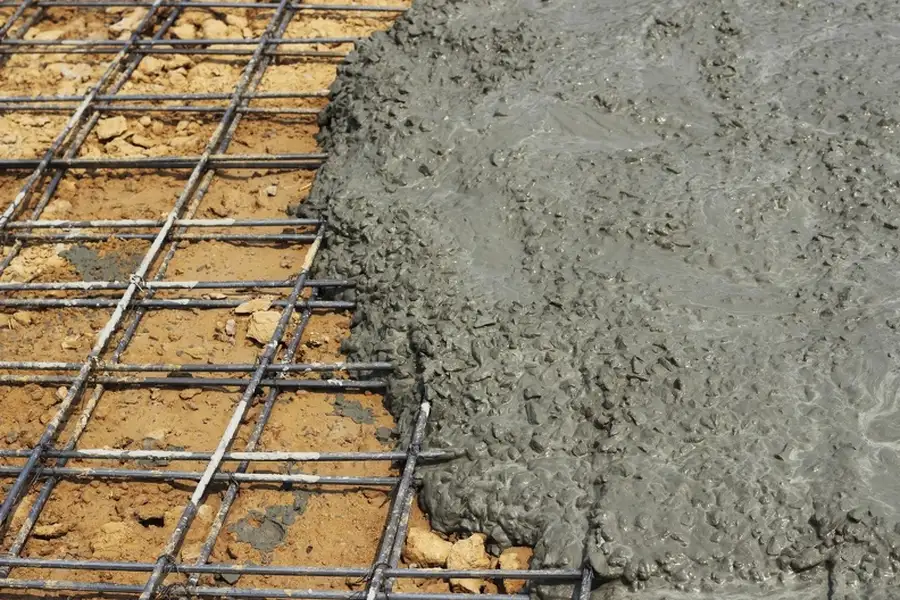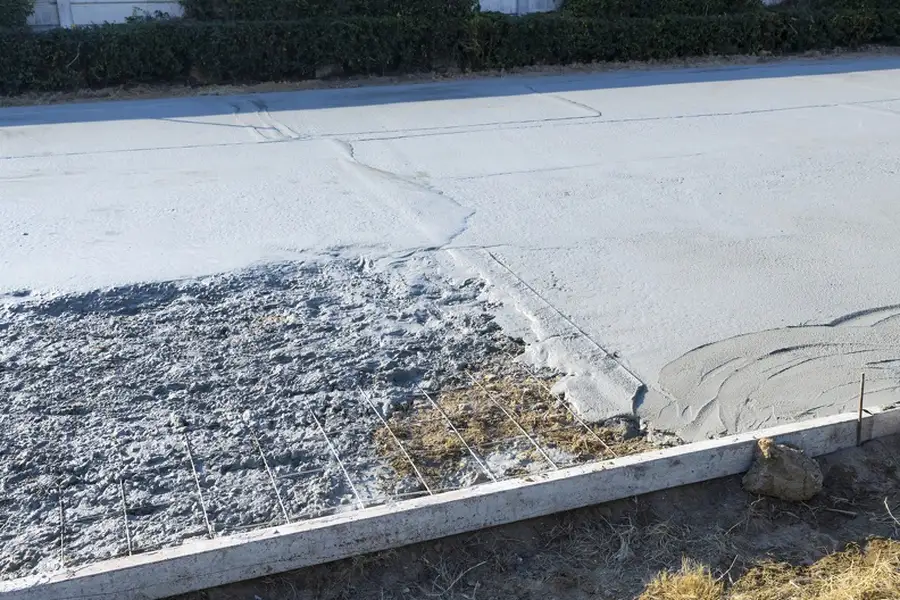Choosing the Right Concrete for Every Project
Concrete plays a vital role in construction. The right mix can impact the strength and durability of a structure. Not all projects require the same type of concrete, making it crucial to select the appropriate mix for specific needs. Understanding these requirements ensures that buildings remain safe and long-lasting. Let’s explore the factors that influence choosing the proper concrete mix for different construction applications.

Understanding Different Types of Concrete Mixes
Concrete mixes come in various types, each designed for particular uses. Common types include ready-mix, precast, and high-strength concretes. Ready-mix is tailored for general use and delivered directly to job sites. Precast concrete is used for creating prefabricated structures like beams and columns. High-strength mixes are used when additional load-bearing capacity is required. Knowing the differences helps builders choose the most effective option for their needs.
The Role of Concrete Service Providers
Hiring a reliable concrete service provider ensures that you get quality materials and expert advice. These professionals understand the complexities involved in mixing and pouring concrete correctly. By engaging their services, you minimize risks associated with incorrect mix ratios or poor application techniques, leading to stronger and more durable constructions.

Adapting Concrete Mixes to Specific Building Requirements
Each construction project has unique demands influenced by factors such as climate, load-bearing requirements, and intended use. A quality concrete service can customize mixes to meet these specific conditions, enhancing overall performance and longevity. For instance, projects in colder climates might need mixes that resist freezing and thawing cycles. Tailoring your concrete mix to these conditions helps avoid potential structural issues down the line.
Common Mistakes When Choosing Concrete Mixes
Avoiding common pitfalls is essential when selecting concrete mixes. One frequent error is using a one-size-fits-all approach without considering the specific needs of the project. Another mistake is neglecting future maintenance requirements, which can lead to increased costs over time. Awareness of these common errors prevents costly mistakes and supports successful project completion.
Best Practices for Selecting Concrete Mixes
- Assess project specifications carefully before deciding on a mix
- Consult with experts who can provide insights into the best options available
- Consider environmental factors like weather conditions and exposure levels
- Review past similar projects for guidance on suitable mixes
The Impact of Industry Standards on Concrete Selection
Industry standards play a critical role in determining which concrete mixes are appropriate for various projects. Standards ensure safety and quality across the board, guiding decisions on materials used in construction. Compliance with these regulations protects against legal issues and guarantees that buildings meet established safety benchmarks.
The Cost Factor: Balancing Price and Quality
While it might be tempting to opt for cheaper solutions, investing in quality concrete mixes can save money in the long run. Lower-cost alternatives may not offer the same durability or strength, leading to potential repair costs down the line. Balancing initial investment with long-term benefits ensures financial efficiency and structural integrity.
Conclusion: Making Informed Decisions
Making informed decisions about concrete mixes requires understanding your project’s specific needs and consulting with knowledgeable professionals. At NGU Contracting Solutions LLC, we pride ourselves on offering expert advice to help you choose the right solution for your construction needs. Located in Leesburg, GA, our dedicated team delivers exceptional results backed by industry expertise and experience. Contact us at (229) 279-8448 for professional support tailored to your project’s requirements.
